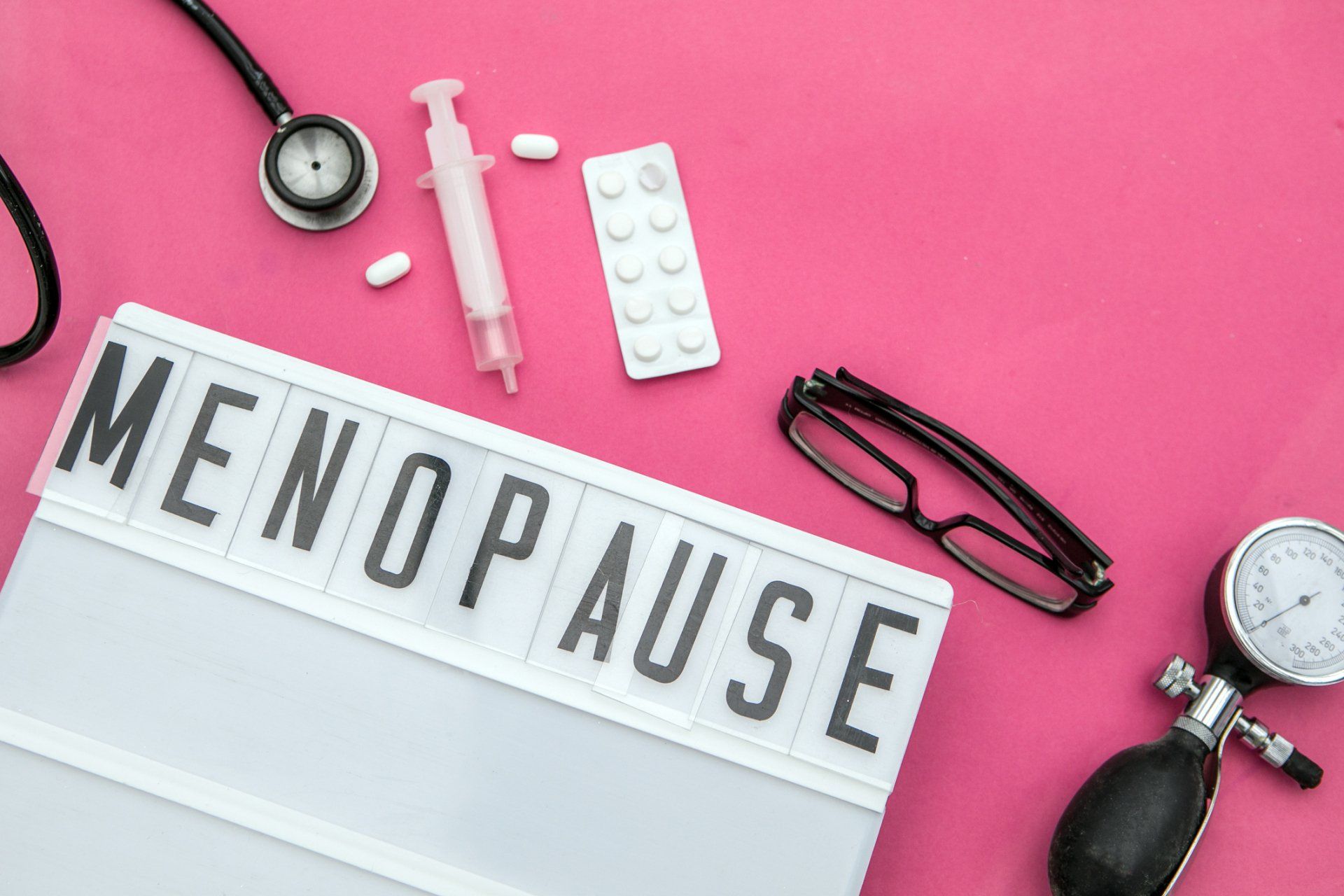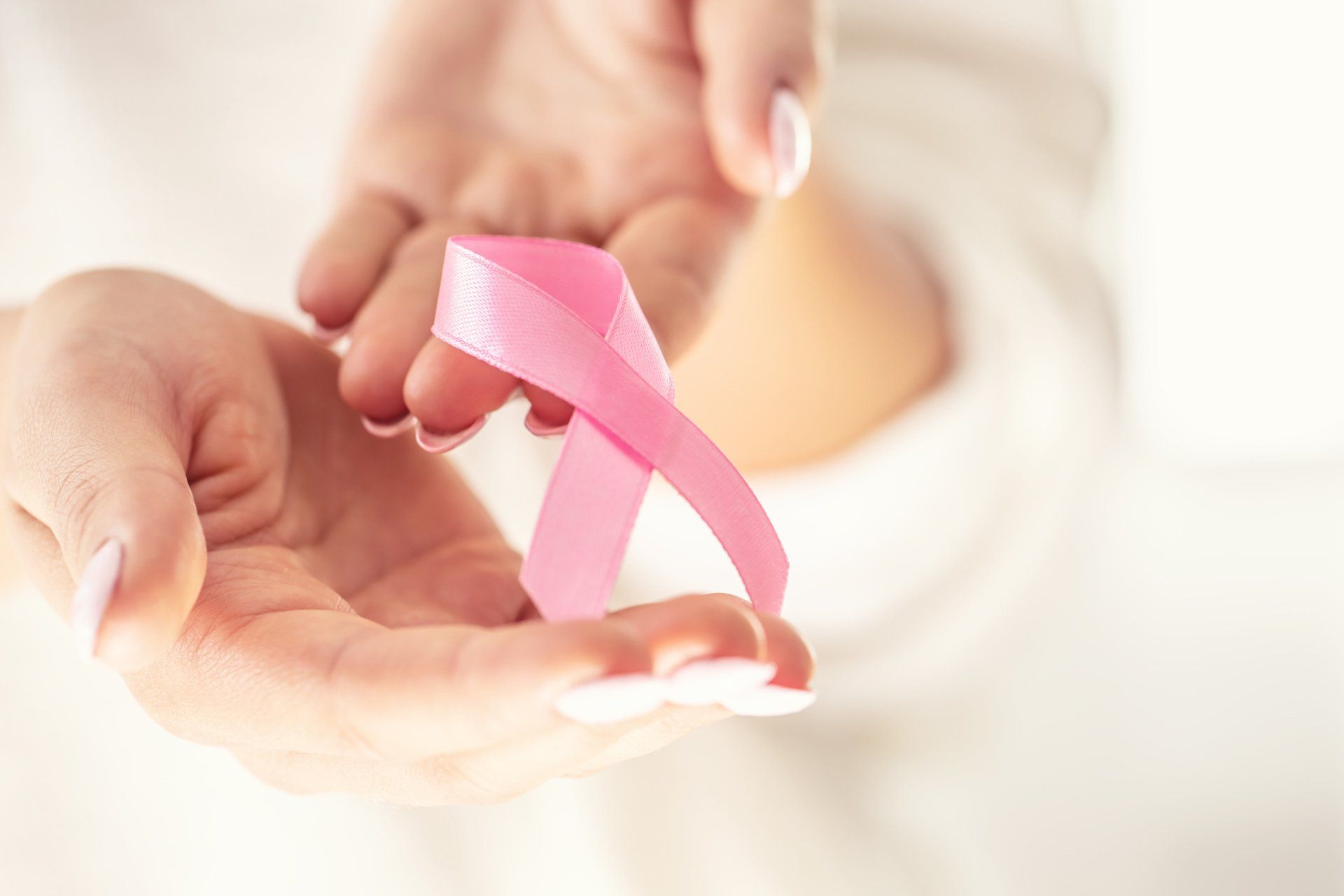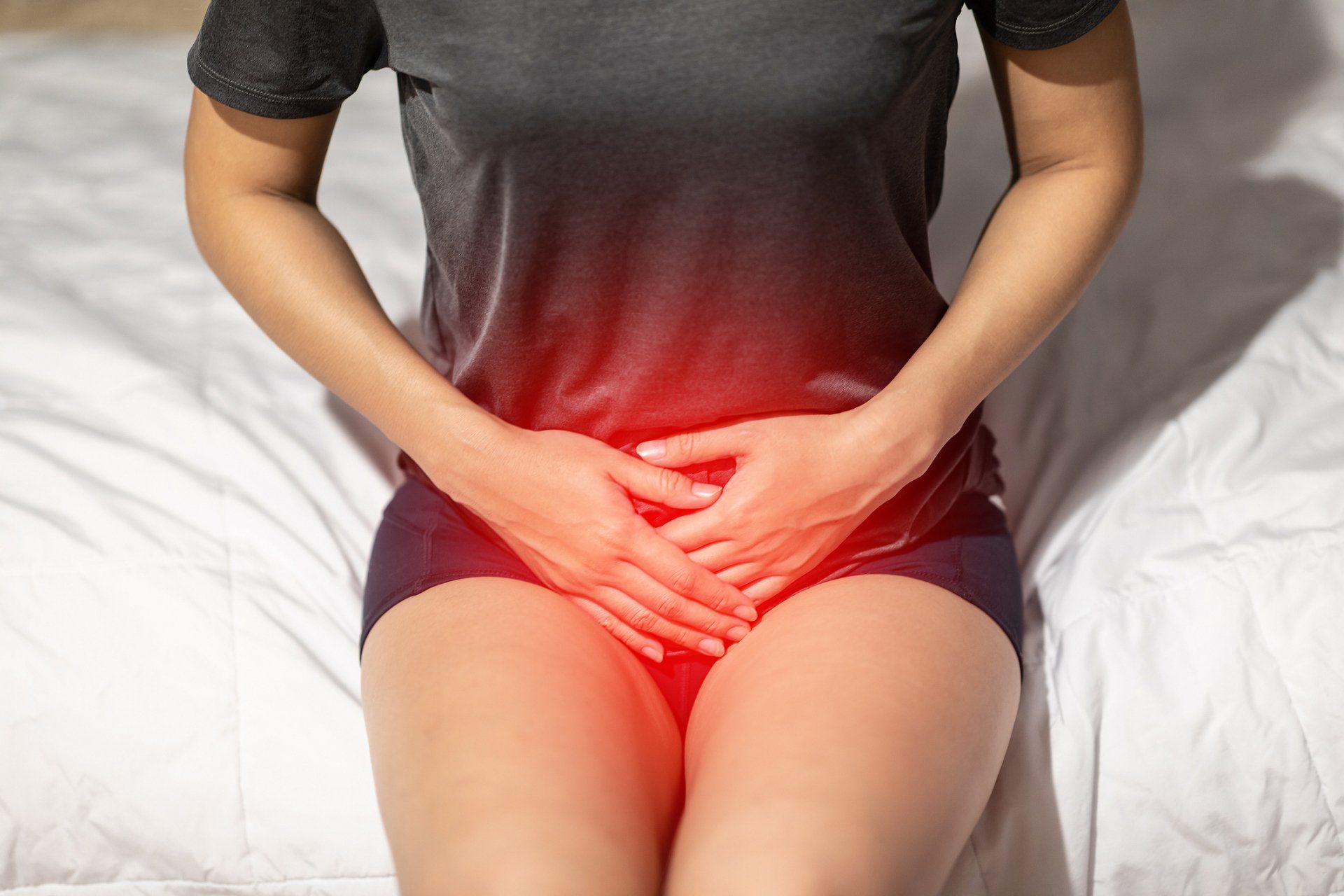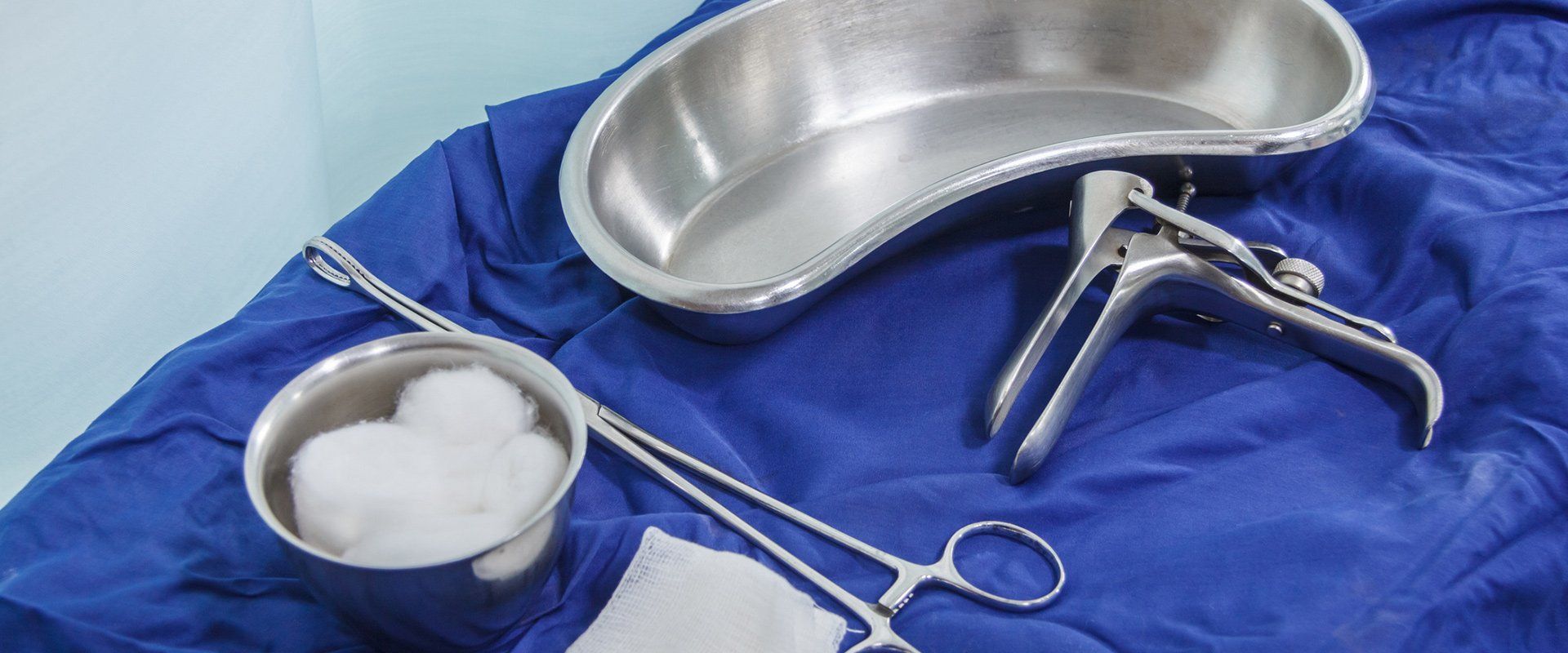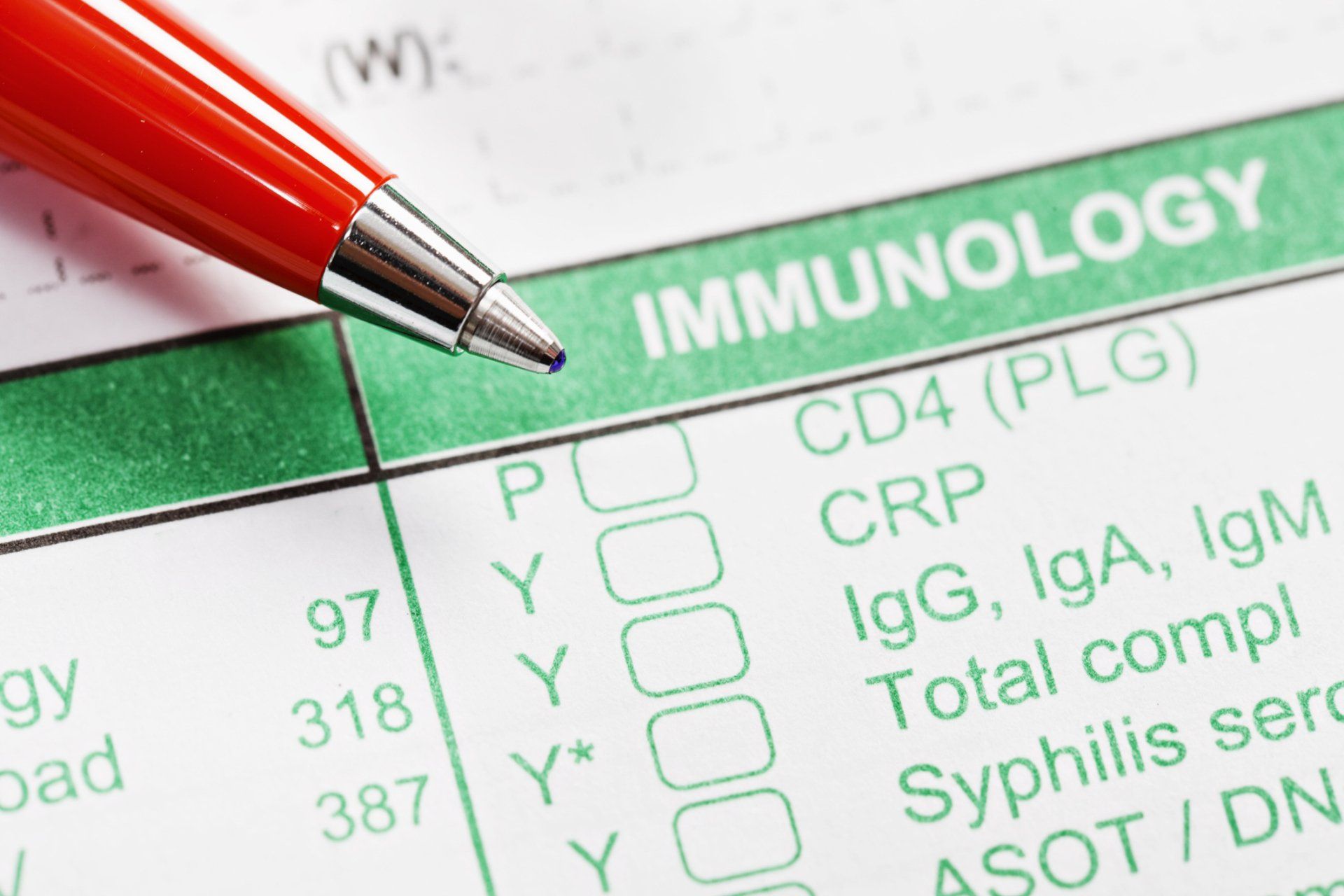Vajacials: Beneficial or Harmful?

Vajacials are a newer concept in the world of esthetic care that is offered in a spa atmosphere, which focuses on the skin of the hair bearing areas of the vulva. Simply stated a “facial for the vulva”. This treatment may include steaming with or without essential oils, extractions of ingrown hairs, exfoliation, application of chemical peel, masks, and serums. Reported benefits are to detoxify, smooth the skin, lighten darker discoloration, unclog pores, reduction of blemishes, with the goal of leaving the skin “youthful and bright”.
Generally, a vajacial is safe in the hands of a trained esthetician that specializes in the delicate skin of the vulva. However, there are risks such as allergic reactions and infections. Some of the products used may not be tested for the delicate skin of the vulva and cause the area to become irritated and inflamed allowing viruses and bacteria to penetrate.
Chronic irritation of the skin can cause lichen simplex chronicus (LSC) which is caused by exposure to irritants resulting in itching. The itching from LSC can cause increasing irritation, leading to more scratching, then more itching, and more scratching and it becomes a cycle. Another common vulvar skin concern is hidradenitis suppurativa. This is a chronic inflammatory skin condition that causes recurrent bumps and boils to the vulva and underarms. This condition should be treated by a dermatologist as it can progress to significant scarring.
There is no medical indication for a vajacial and if you are having no complications, go ahead and enjoy. However, if you notice the skin is becoming irritated and itchy, stop all products and seek medical evaluation.
